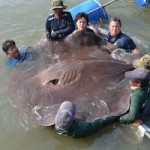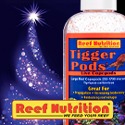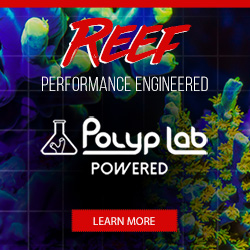
An upcoming course in coral reef ecology, offered by the Bermuda Institute of Ocean Sciences (BIOS), will give university-level students a unique opportunity to “gain hands-on experience with modern research methods.” Using the ultimate wet lab–the ocean itself–participants will learn valuable skills such as scientific diving and modern molecular research methods. These skills are meant to augment instruction on reef fish anatomy/classification acquired in a decidedly more traditional classroom setting. The aim is to produce a more focused and competent generation of coral reef fish scientists.
Co-instructors Dr. Gretchen Goodbody-Gringley (of BIOS) and Dr. Luiz Rocha (of California Academy of Science) will cover topics such as anatomy and physiology, phylogeny, social systems, movement, feeding, reproduction, recruitment, growth, population ecology, community ecology, fisheries biology, recruitment, larval biology, herbivory, cleaning, and nocturnal behavior and data analysis.
But the “underwater classroom” is where the majority of teaching will take place. Not a bad thing at all, considering the warm, sunny location in the coral reefs of Bermuda (the most northerly Atlantic coral reef system). As professor Rocha both warns and promises, “there will be lots of time in the water.”
The class, entitled “Ecology and Evolution of Coral Reef Fishes,” is scheduled for July 6-24, 2015 and is open to upper-level graduate students as well as graduate students. Learn more at the school’s website, HERE.










0 Comments